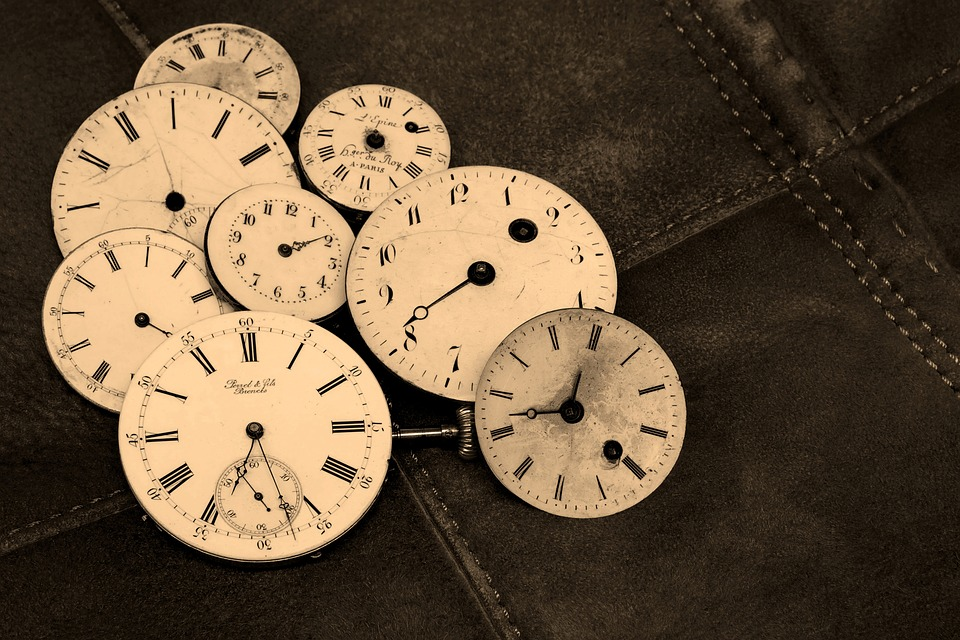The U.S. Senate on Tuesday gave unanimous passage to a bill that would end the twice-a-year ritual of springing forward or falling back by an hour after 2023. Senator Marco Rubio (R-Fla.) was the lead sponsor of the bill.
“Just this past weekend, we all went through that biannual ritual of changing the clock back and forth, and the disruption that comes with it. And one has to ask themselves after a while, ‘Why do we keep doing it? Why are we doing this?’ ” Rubio said in a speech on the Senate floor.
The Sunshine Protection Act, which was co-sponsored by lawmakers of both parties, would lock in next year’s switch to Daylight Saving Time in March. It follows a 2018 Florida law that would permanently lock in Daylight Saving Time contingent on the passage of a federal law.
Rubio said the bill delays implementation until next year so that it would not affect airline and train schedules for the current year when the country falls back in November. That would make next year’s spring forward in March the final clock change if the legislation becomes law.
Rubio’s bill now heads to the U.S. House following its Senate passage.
“I know this is not the most important issue confronting America, but it’s one of those issues where there’s a lot of agreement. I think a lot of people wonder why it took so long to get here,” Rubio said.
Rubio said the unanimous support in the Senate reflected a widespread desire by Americans to stop the ritual of changing their clocks back and forth, which dates back to 1918, and in particular a preference for daylight during later hours.
Rubio and other senators argued making the change to later daylight would have benefits to both mental and physical health.
In a guest column for CNN this past weekend, Rubio and Sen. Ed Markey, (D-Mass.), pointed to a 2017 Danish study that found that hospitals see an 11% uptick in patients with symptoms of depression following the change to earlier darkness in the fall.
During his Senate floor speech, Rubio argued that ensur ing it remains light into the evening would assist in the fight against childhood obesity.
“We desperately want our kids to be outside, to be playing, to be doing sports, not just to be sitting in front of a TV or a computer terminal or playing video games all day,” Rubio said. “And it gets really tough, in many parts of the country, to be able to do that. Because what ends up happening is, especially for these 16 weeks a year, if you don’t have a park or an outdoor facility with lights, you’re basically shut down around 5 p.m. — in some cases as early as 4 or 4:30 p.m.”
==========
©2022 McClatchy Washington Bureau. Visit mcclatchydc.com. Distributed by Tribune Content Agency, LLC.
Thanks for reading CPA Practice Advisor!
Subscribe Already registered? Log In
Need more information? Read the FAQs
Tags: Benefits




